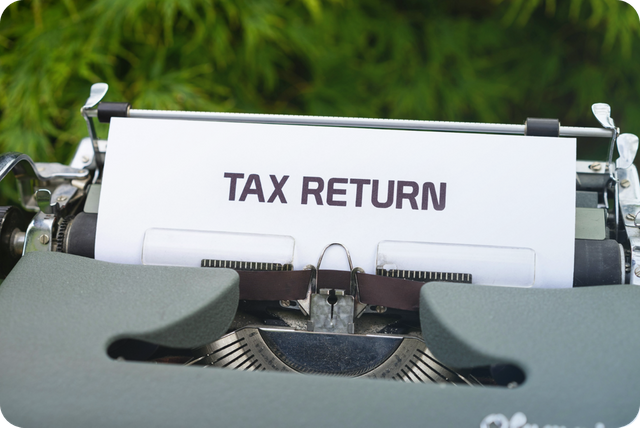
Filing a self assessment is a crucial responsibility for taxpayers to accurately report their income and pay the appropriate amount of tax to HMRC. Whether you're a self-employed individual, a landlord, or someone with diverse sources of income, understanding the process of filing a self assessment is essential for maintaining compliance with tax laws. By the end of this guide, you'll have the knowledge and confidence to file your self assessment tax returns with ease, ensuring that you meet deadlines and fulfill your tax obligations effectively. Let's dive in and demystify self assessment tax returns together!
What is Self Assessment Tax Returns
Self assessment tax returns are forms that individuals in the UK use to report their income and pay tax owed to HMRC. Essentially, it's a way for taxpayers to tell the government how much tax they should pay based on their earnings, investments, and other sources of income.
Who Pays Self-Assessment Tax
Wondering if you need to fill out a self assessment tax return? Here's a quick rundown of who typically needs to:
- Self-employed individuals: If you work for yourself, whether as a sole trader or in a partnership, you'll likely need to file a self assessment tax return.
- Landlords: If you earn rental income from properties you own, you'll need to report it through self assessment.
- High earners: If your income exceeds a certain threshold, you may be required to file a self assessment tax return.
- Those with other income: If you have income from investments, savings, or any other source beyond your regular employment, you may need to file a self assessment tax return.
How to File Self-Assessment Tax Return
Filing your self assessment tax return may seem daunting, but it can be broken down into manageable steps:
Step 1: Register for self assessment: If you're new to self assessment, you'll need to register online with HMRC.
Step 2: Gather your documents: Collect all relevant documents, such as payslips, invoices, and records of any other income.
Step 3: Calculate your income and expenses: Determine your total income and any allowable expenses to calculate your taxable profit.
**Step 4: Complete the tax return form: **Fill in the necessary sections of the self assessment tax return form accurately.
Step 5: Declare your income: Provide details of all your income, including employment income, self-employment income, and any other sources.
Step 6: Claim deductions and reliefs: Make sure to claim any eligible deductions or reliefs to reduce your tax bill.
**Step 7: Submit your tax return: **Once you've reviewed your form and ensured all information is correct, submit it to HMRC before the deadline.
Self-Assessment Tax Return Deadline
It's crucial to be aware of the deadline for filing your self assessment tax return. In the UK, the deadline for submitting online tax returns is usually 31st January following the end of the tax year. Failure to file your return by the deadline can result in penalties and interest charges, so it's essential to mark the date in your calendar and submit your return on time.
Read more at, https://www.goforma.com/company-tax-filing-deadlines/how-to-file-self-assessment-tax-return
Filling in a self assessment tax return doesn't have to be overwhelming. By understanding the process and following the steps outlined in this guide, you can navigate through it with confidence. Remember to keep track of deadlines and seek professional assistance of accountants for self employed to ensure compliance with tax regulations.
Ready to tackle your self assessment tax return? Our team of experts is here to help you navigate the process smoothly and ensure compliance with HMRC regulations. Avail professional self assessment tax return service to ensure seamless compliance with tax regulations, shielding yourself from potential penalties and fines. Moreover, uncover overlooked deductions and credits, potentially reducing your tax burden and saving you money.